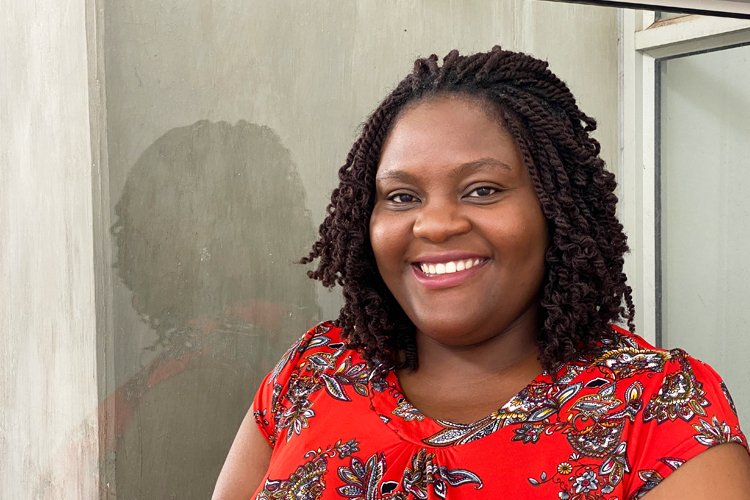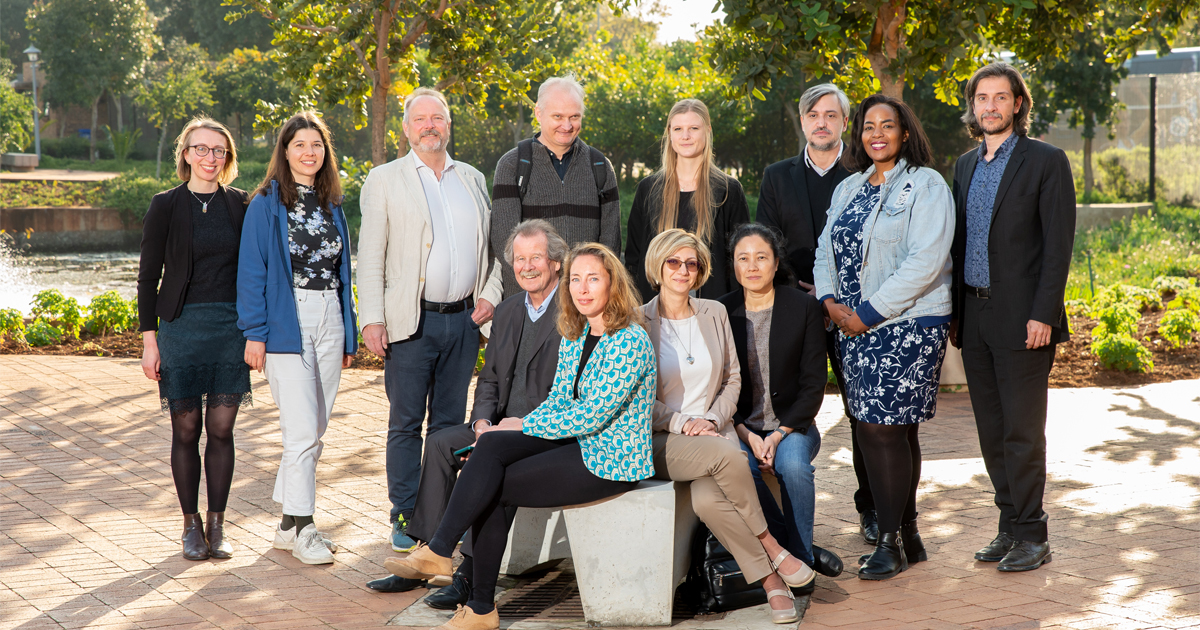Over 100 students, academics and experts from more than 50 countries joined the four-day long Global Classroom 2022 on internal displacement, amiably hosted by the Centre for Human Rights, University of Pretoria. The programme included presentations by seven student research teams on regional approaches and case studies on topics such as climate disaster-induced displacement; the impact of ongoing conflicts on displaced women and children; an analysis of the Kampala Convention and the UN Guiding Principle on internal displacement; and the role of state and non-state organisations in supporting IDPs.
The Global Classroom 2022 saw presentations by leading experts Cecilia Jimenez-Damary, UNSR on the Human Rights of Internally Displaced Persons; Patrick Eba, UNHCR; Sima Samar, Right Livelihood Laureate; Maya Sahli-Fadel, SR on Refugees, Asylum Seekers, Internally Displaced Persons and Migrants in Africa; Faith Mabera, Institute for Global Dialogue; Elvis Fokala, University of Pretoria; Ademola Jegede, University of Venda; and Global Campus academics Manfred Nowak, Veronica Gomez and Zoi Aliozi.

Tel: +27 (0) 12 420 4306
Fax: +27 (0) 86 580 5743
henrietta.ekefre@up.ac.za

Tel: +27 (0) 12 420 4197
Fax: +27 (0) 86 580 5743
lydia.chibwe@up.ac.za
One of the take-aways of the programme is that often there is no relevant distinction between climate crisis-related and conflict-driven displacement; as highlighted by the 2022 Classroom coordinator Teddy Atim (Tufts University and York University), “the two go hand in hand”, and displacement is often connected to economic exploitation of natural resources and the role of business actors (and often complicit states). The law should also consider the realities and differences of the various communities affected by displacement, and not exist in a vacuum; while waiting for the law to be (re)formulated, and asking questions such as what those communities could do themselves, we cannot forget that existing inequalities and socio-cultural factors can exacerbate the situation of specific categories of IDPs.
Cecilia Jimenez-Damary, who generously stayed with us for the whole programme and provided specific feedback and support to students, thanked everybody for the warm hospitality and the openness of the exchange; she encouraged the students to expand their sources to include practitioners’ reports and papers. Finally, Global Campus Secretary General Manfred Nowak concluded by stating how grateful we were to learn from each other at the impressive Future Africa Campus after two years of online meetings. Students were especially delighted to network with peers and experts and receive substantial feedback on their research work. Their papers will be published in the Global Campus Human Rights Journal in early 2023.
The Global Classroom is a powerful learning opportunity that we offer yearly to selected students and academics across our regional hubs, and that contributes to making all 7 Global Campus Master’s programmes so unique.
The Centre for Human Rights wishes to thank the Directorate-General for International Partnerships, European Commission; the EU Delegation in South Africa; Right Livelihood; and our impeccable host at GC Africa, and especially Dr Ashwanee Budoo, Prof Magnus Killander and their team.


